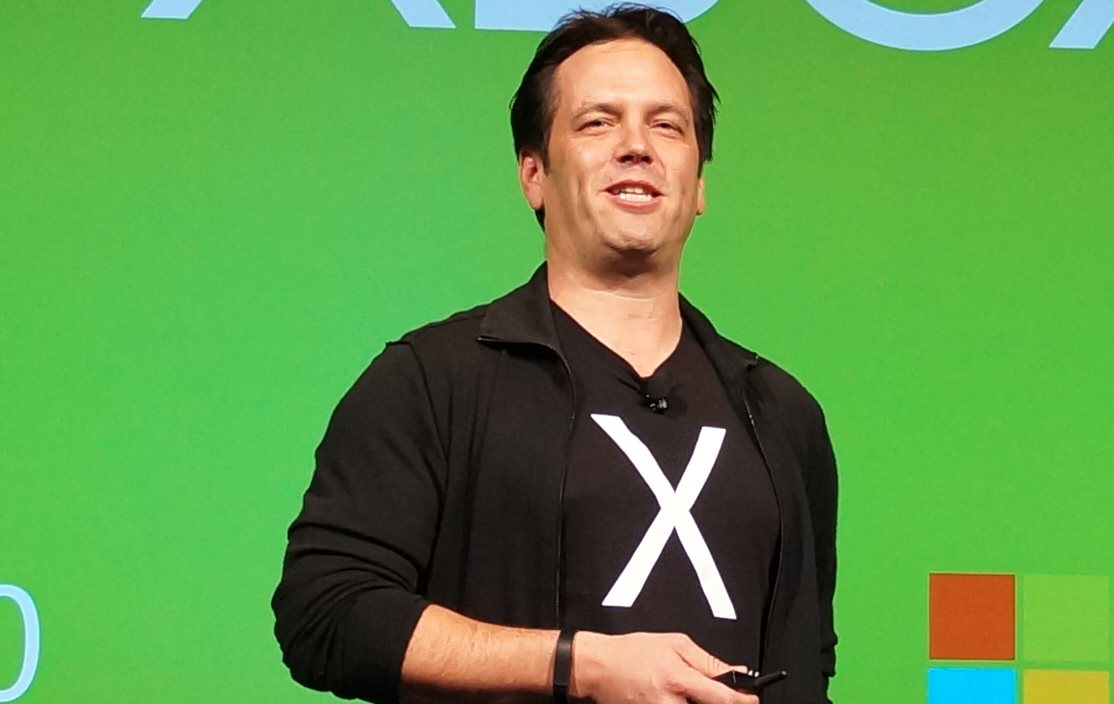Phil Spencer clarifies Microsoft's PC gaming ambitions

With each operating system release, Microsoft becomes suddenly conscious of people using their personal computers to play games, if you can imagine such a thing. What follows are vague assertions of being committed to PC gaming or, worse, Games For Windows, which was only defeated with the copious application of holy water. The cycle continues with Windows 10, with early announcements pledging "a collection of award-winning Xbox game franchises" and dedication to doing more "in the first party". DirectX 12 is the most tangible advancement, but the developers we spoke to on the subject weren't overwhelmed.
But with a steady stream of Xbox One 'exclusives' being confirmed for Windows 10, are we seeing evidence of commitment to PC? Our Phil Savage went to meet Microsoft's Phil Spencer, who clarified what the Xbox crossovers mean in the long term.
"I look at the work we’re doing on [Windows 10] as an enabler for us becoming relevant in PC gaming," Spencer said. "I wouldn’t say our strategy is to unify [with Xbox], because when I hear ‘unify’ I worry a bit that people will interpret it as, my own teams included, ‘Hey, we just want to say a game is a game and all games should run everywhere.’ There are games like Ashes of the Singularity, a fast-paced RTS game—probably not the best controller game. I’m committed to bringing our biggest franchises to Windows and Xbox. I always hesitate to say ‘all’, because I think that inhibits creatively what could happen."

Pressed on why the announcement of Quantum Break on PC was so sudden, upsetting many Xbox owners who had had their eyes on the exclusive, Spencer explained why we're only just arriving at the point where big-name games are appearing as Universal Windows Apps.
"On development timelines I don’t look at that as an incredibly long road. We started from our development platform and making sure that our development platform, both with DirectX 12 and Xbox Live, was equally capable of being used on console and on PC, because that makes developers’ lives easier.
"When we originally started Quantum Break, we didn’t know that Windows 10 was gonna be there, we didn’t know how our strategy would involve. We obviously knew in working with Remedy that having a PC version of a Remedy game makes total sense. As our strategy came together, we saw the opportunity to be able to ship these at the same time, and supporting things like shared save games and other things that have been part of the strategy."
You can find the raw detail on Microsoft's PC gaming plans in Phil's interview, here.
Keep up to date with the most important stories and the best deals, as picked by the PC Gamer team.

